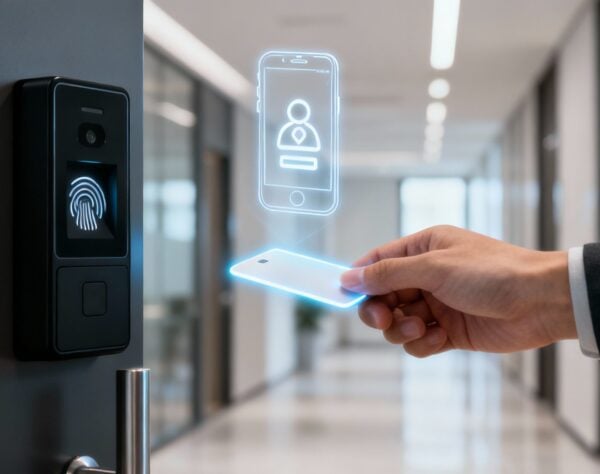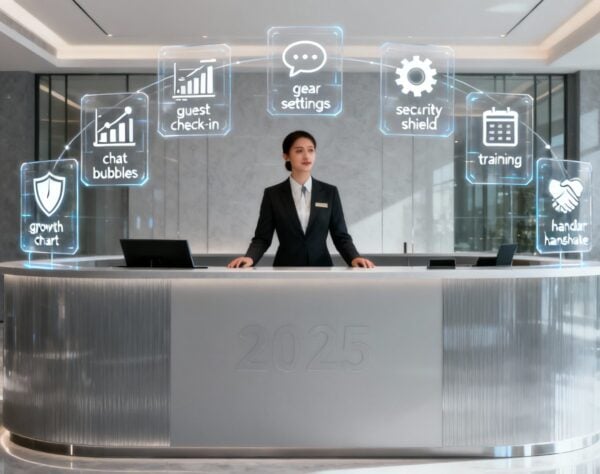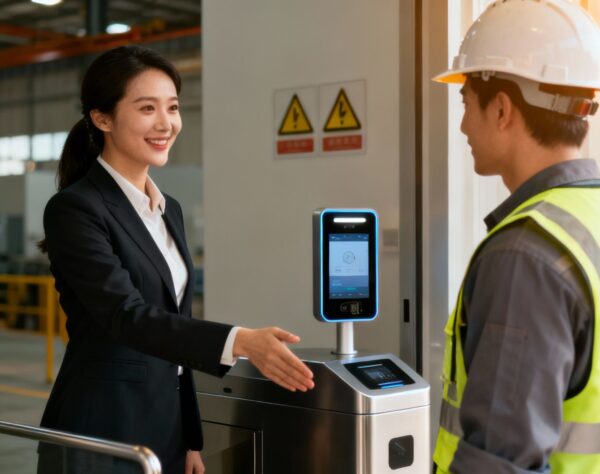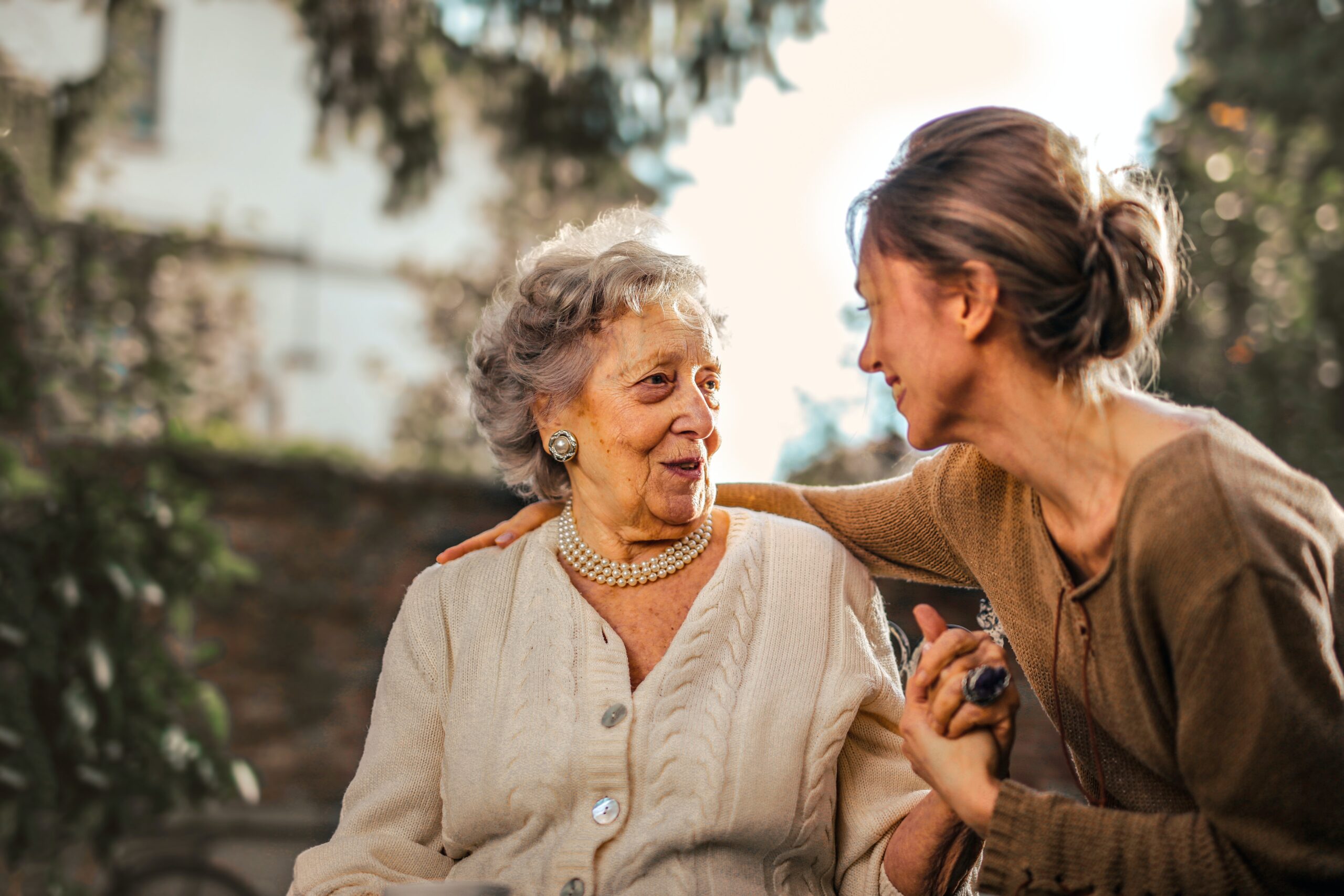
Manage Aged Care Visitor Restrictions in Australia
In most states the Australian government has made changes to aged care visitor restrictions that mean your facility may need to take action.
Managing visitor restrictions in high risk settings can be tricky, but there are ways to ensure everyone is kept safe and healthy.
In this article we will discuss the risks involved in not following the industry code for visiting aged care services, what restrictions are in place and recommend a solution for residents to receive visitors safely.
Key Takeaways
– Each state in Australia has different requirements for visitors to residential aged care facilities.
– When a visitor or staff member tests positive they should not attempt to enter the aged care home.
– Aged care services should install a digital system to allow visitors timely access.
Quick links
Understanding the Risks of Severe Illness in Aged Care Homes
What Types of Visitor Restrictions are in Place for Residential Aged Care Facilities in Australia?
Ensuring Visitor Restrictions are Followed in Residential Aged Care homes
Conclusion
Understanding the Risks of Severe Illness in Aged Care Homes
Aged care homes provide a safe and comfortable environment for elderly people.
However, there are certain risks associated with living in aged care homes.
Infectious illnesses, such as flu or pneumonia and COVID 19 are a major concern.
Residents may also suffer from falls, dehydration, and malnutrition, which can lead to serious health issues as they impact the immune system.
Residential aged care homes also need to ensure proper hygiene and nutrition for residents, as well as regular exercise.
Regular visits from health professionals can also help to identify potential risks to ensure residents are on top of their ongoing health requirements.
What Types of Visitor Restrictions are in Place for Residential Aged Care Facilities in Australia?
The Australian government has let each state define visitor requirements for residential aged care homes.
New South Wales
Aged care peak bodies have stated that a visitor can enter residential aged care homes in NSW if they answer screening questions that indicate no symptoms or exposure to COVID 19 and have a temperature below 37.5°C.
Read the full list of requirements here.
Queensland
If you have any symptoms of an acute respiratory infection you should avoid entering a high-risk setting like aged care services until you no longer have any symptoms and at least 7 days have passed since you received a positive COVID 19 test result.
Read the full list of requirements here
Victoria
Visitors must wear a fitted mask like a surgical mask and follow instructions from staff regarding what areas of the facility they can access.
Each visitor must also return a negative result from a COVID 19 rapid antigen test on the same day that they attend the care facility.
Read the full list of requirements here
South Australia
Visits should occur safely, and visitors should help with infection prevention and control.
Visitors must not visit when unwell or displaying any signs of a cold / flu, respiratory or COVID-19 symptoms.
Lastly visitors must present evidence of their current vaccination status or recent COVID 19 test result.
Read the full list of requirements here
Western Australia
Limit of two people per visit to a resident.
Tasmania
Complete a staff visitor screening checklist before entering
Read the full list of requirements here
Ensuring Visitor Restrictions are Followed in Residential Aged Care homes
In order to protect aged care residents it’s important to screen incoming visitors and staff for signs of a sore throat, runny nose and any other symptoms that indicate that they may have tested positive for COVID 19.
If a visitor has received a positive test result, then they should be ordered to stay home and complete the states required social isolation to avoid an COVID 19 outbreak.
The best way to screen visitors is to digitally log answers to screening questions and then trigger automated alerts to staff if a noncompliant answer is registered.
Install a digital visitor management system
By installing a visitor management system like VisitUs, you will be able to configure the sign-in process to meet changes in the industry code that have been made by the aged care quality and safety commission.
When a visitor enters the residential care home to visit a resident they are prompted to enter their contact details and complete a screening process. This also offers the ability to request further information that may be of use to the care home.
The sign-in process can also be configure to ask simple multiple choice questions like:
– Are you a close contact of a known COVID 19 case
– Did you test positive for COVID 19 in the last 7 days
– Do you have any cold or flu like symptoms
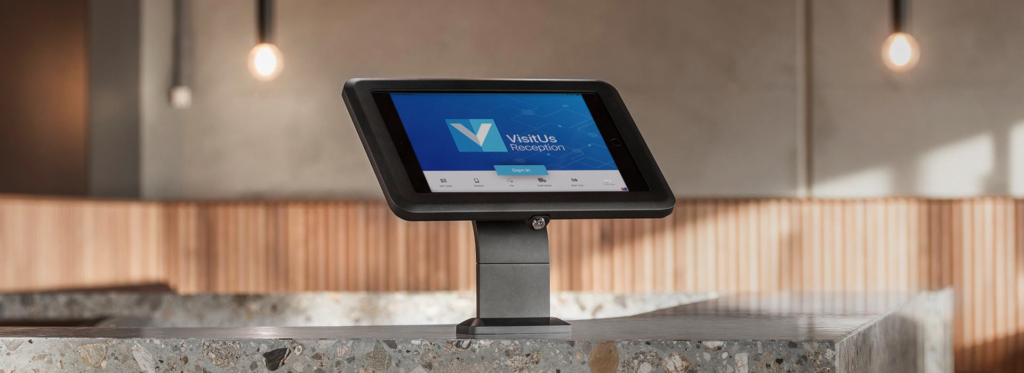
If a visitor fails to meet the entry requirements to the aged care home then the system can deny the visitor access and alert a racf staff member that support is required.
All responses recorded in the system are accessible via a web dashboard and can be exported for reporting purposes.
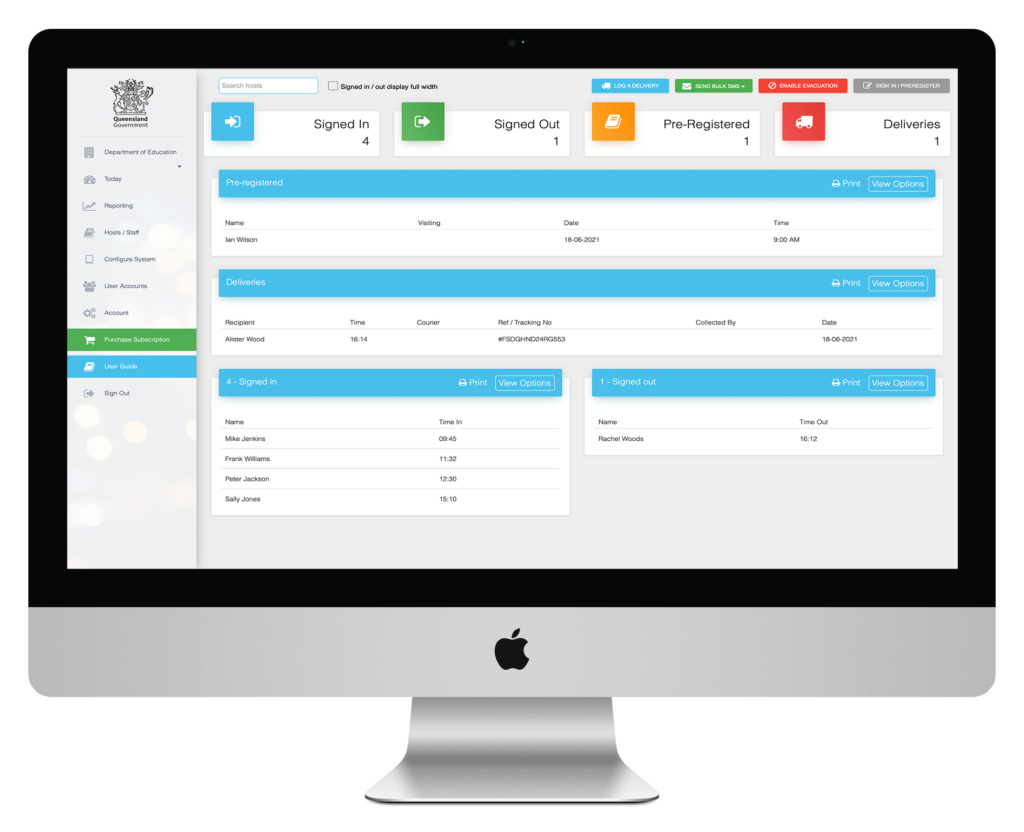
Consider credential verification and automated temperature checks
To further improve the sign-in process and better protect residents, a visitor management system like VisitUs Reception can be integrated with a credential verification platform.
To assist older people that may not be comfortable with technology, facial recognition cameras can be installed that require very little interaction with the system to sign-in.
Temperatures checks of visitors and RCAF staff can be gathered from the camera as well as checking that the staff member has the right to work in the facility.

If either of those conditions are not met then a automated alert is triggered and recorded in the system.
Staff inductions are recorded and reminders are sent to the employee and their manager prior to expiry so that they are encouraged to arrange a refresher course.
Conclusion
It is essential to ensure that advice on visitor restrictions are closely followed in residential aged care homes.
This can be achieved by implementing a digital visitor management system and integrating it with credential verification platforms and temperature checks.
The use of such systems helps to protect the health and wellbeing of the elderly residents by screening incoming visitors for any signs of COVID 19.
Written by: Alister Wood – 15th Feb 2023


